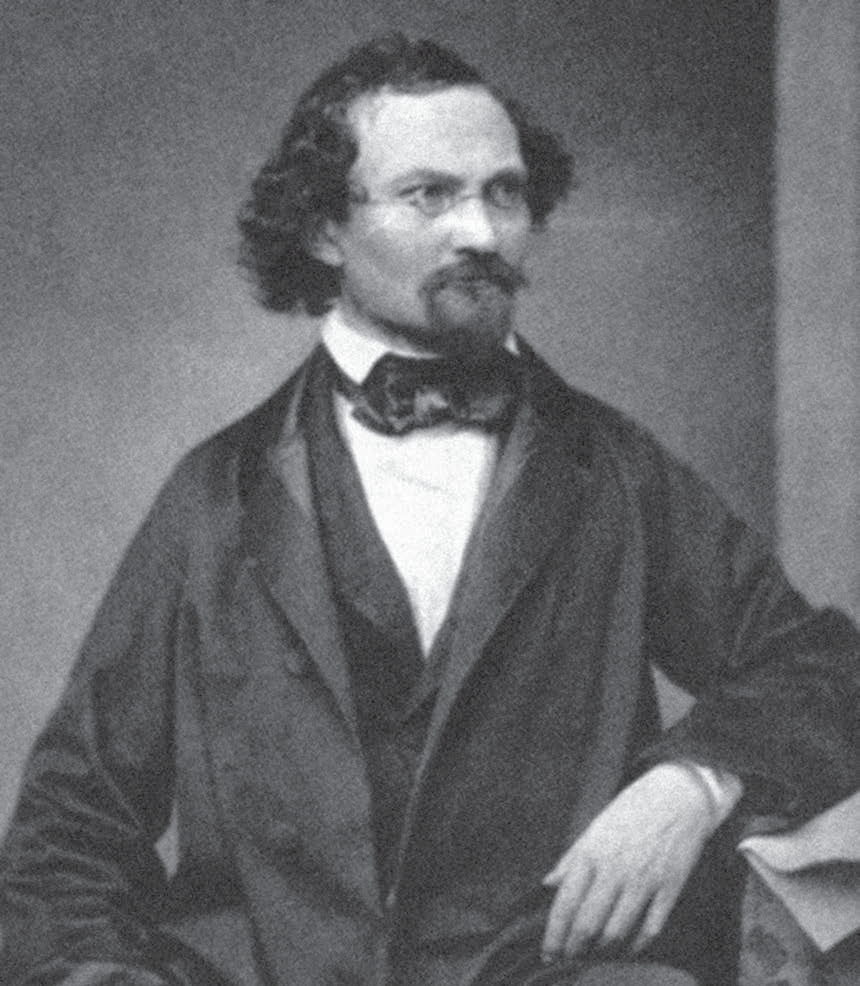Bodenstedt Friedrich

Bodenstedt Friedrich (1819-1892), German writer, born in Peine, in Hanover (Germany). He was educated in Göttingen, Munich and Berlin. In 1841 he was invited to Moscow by Prince Golitsin as a tutor of his children. I
n 1844, the Governor General of the Caucasus A. Neithardt appointed him a teacher of French language at the Tbilisi public school. As a result of his personal findings, F. Bodenstedt enriched his knowledge of Georgia, from various research books. He visited almost all corners of Georgia, collecting materials for his book Peoples of the Caucasus And Their Struggle for Freedom against Russia, which was published in Germany in 1848. The book surveyed Georgian history and told the story of Queen Tamar. His travels in Georgia served as a basis of his another book A Hundred and One Days in the Orient (volumes 1 – 2, 1849 – 50; Georgian translation – 1965). The book abounds with the impressions of the author’s travels in Georgia, description of historic monuments, historic and folk tales and legends. Bodenstedt’s work was the first source that acquainted its readers with the poetry and person of an Azeri poet Mirza Shafi (Vazeh), who composed his poems in the Persian language. During his stay in Tbilisi, Brodenstedt studied the Persian language under Mirza Shafi’s tutorship, who used to dictate his verses to him. It helped Bodenstedt to master the language. He translated Shafi’s poems into German and published them under the title Mirza Shafi’s Songs (1851). The brilliant translations made F. Bodenstedt famous all over Europe. After the publication of the book, Bodenstedt declared that he was the actual author of the poems. This fact gave rise to a lot of disputes and controversy. According to Bodenstedt’s merits, the name and poetry of Mirza Shafi became renowned, all the more so that none of Vazeh’s poems have been fully preserved in the Persian language.
F. Bodenstedt died in Wiesbaden, Germany.


